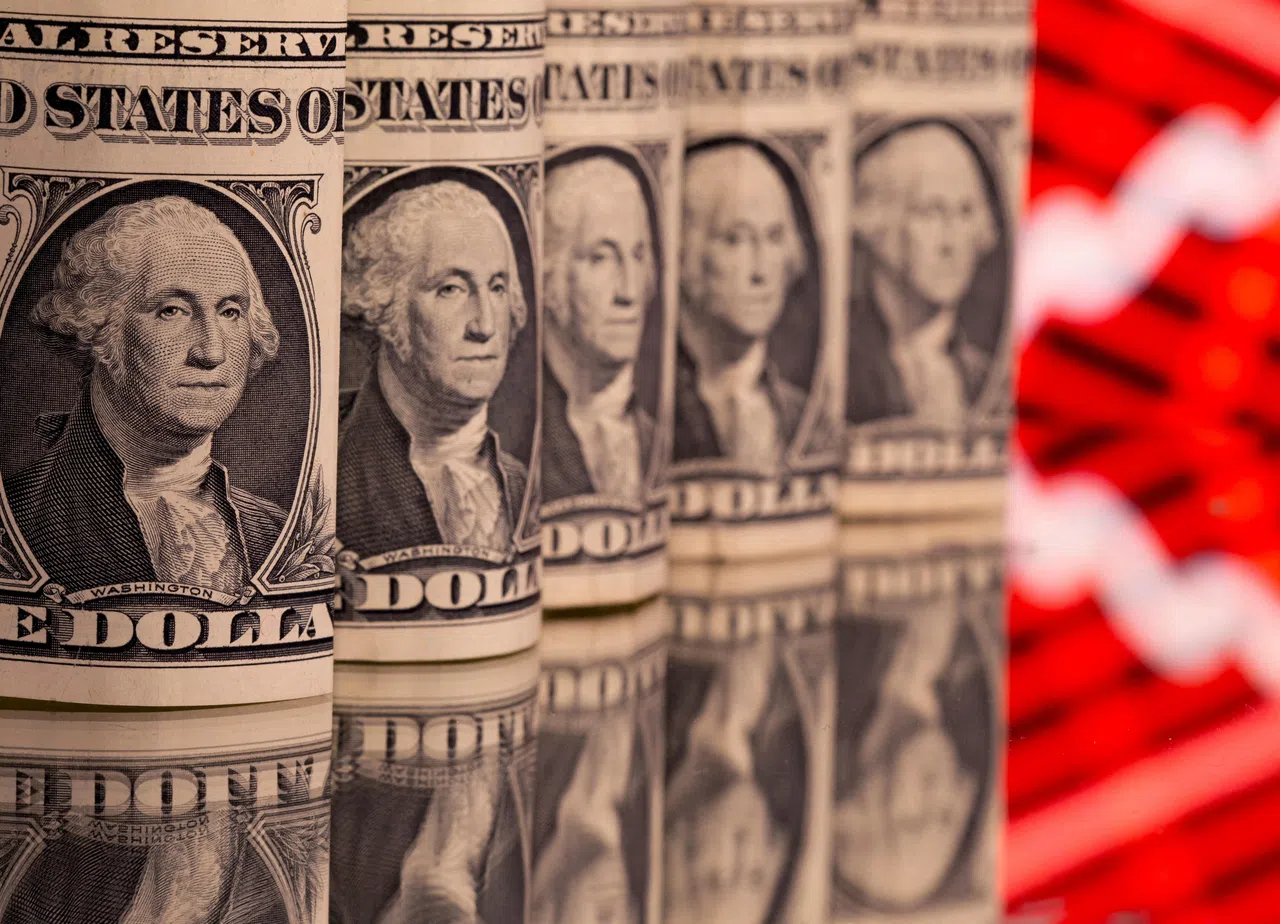THE US Treasury on Thursday (Jun 20) said that no major trading partner appeared to manipulate its currency last year, but it added Japan to a foreign exchange “monitoring list”, alongside China, Vietnam, Taiwan, Malaysia, Singapore and Germany, which were on the previous list.
The Treasury’s semi-annual currency report also found that none of the countries examined met all three criteria triggering “enhanced analysis” of their foreign exchange practices during the four quarters through December 2023.
Countries are automatically added to the list if they meet two of these three criteria: a trade surplus with the US of at least US$15 billion, a global account surplus above 3 per cent of gross domestic product (GDP) and persistent one-way net foreign exchange purchases of at least 2 per cent of GDP over 12 months.
The Treasury said that Japan, Taiwan, Vietnam and Germany all met the criteria for trade surpluses and an outsized current account surplus.
Singapore met the criteria for engaging in persistent foreign exchange intervention and a material current account surplus and Malaysia only met the current account surplus criteria, but once on the list, it takes two currency report cycles to be dropped off.
China was kept on the monitoring list because of its large trade surplus with the US and because of a lack of transparency surrounding its foreign exchange policies.
BT in your inbox
Start and end each day with the latest news stories and analyses delivered straight to your inbox.
“China’s failure to publish foreign exchange (FX) intervention and broader lack of transparency around key features of its exchange rate mechanism continues to make it an outlier among major economies and warrants Treasury’s close monitoring,” the Treasury noted in the report.
The report also raises questions about China’s reporting of data on its current account balance, which showed its surplus fell to 1.4 per cent of GDP in 2023 from 2.5 per cent in 2022.
The Treasury said that China balance of payments data published by the State Administration of Foreign Exchange on the country’s trade surplus appear to be at odds with China’s own customs data and that of other trading partners.
A US Treasury official said the department was trying to understand such “anomalies.”
Japan’s interventions
The official said the Bank of Japan’s recent foreign exchange interventions to prop up the value of the yen were not a factor in deciding to add Japan to the currency monitoring list. The official cited Japan’s high 2023 trade surplus of US$62.4 billion with the US and its global current account surplus of 3.5 per cent of GDP, up from 1.8 per cent in 2022.
But the Treasury report added that Japan had intervened in April and May 2024 –outside the period covered by the report – for the first time since October 2022, buying yen and selling dollars to strengthen the yen’s value.
The Treasury noted that Japan was transparent in its foreign exchange operations but added: “Treasury’s expectation is that in large, freely traded exchange markets, intervention should be reserved only for very exceptional circumstances with appropriate prior consultations.”
The report said that most foreign exchange interventions in 2023 focused on selling dollars – actions that strengthen a currency’s value against the dollar. The dollar has strengthened over the past two years as the Fed has raised interest rates sharply to cool inflation.
The greater concern in the Treasury report is on interventions to buy dollars and thus weaken other currencies.
“Thus, it is not a surprise that in the four quarters through December 2023, no trading partner was found to have manipulated the rate of exchange between its currency and the US dollar for purposes of preventing effective balance of payments adjustments or gaining unfair competitive advantage in international trade,” the Treasury pointed out.
Vietnam’s current account surplus jumped to 5.8 per cent of GDP in 2023, while its goods and services trade surplus with the US was US$103 billion, meeting criteria for the monitoring list.
Vietnam, which is seeking US recognition as a market economy, has “credibly conveyed” to Treasury that it made net purchases of foreign exchange equivalent to 1.5 per cent of GDP, below the Treasury’s 2 per cent threshold, in 2023.
The Treasury added that it “remains satisfied” with Vietnam’s progress in modernising the transparency of its monetary policy and exchange rate management and will continue to engage closely with the State Bank of Vietnam. REUTERS






